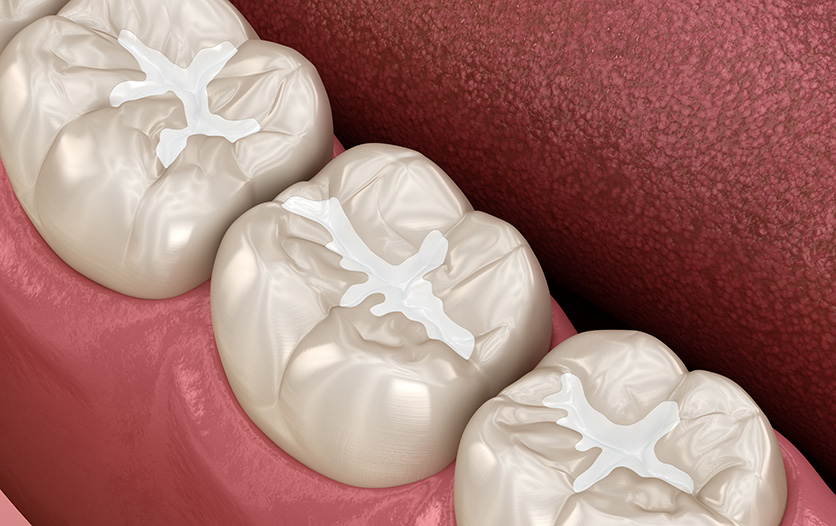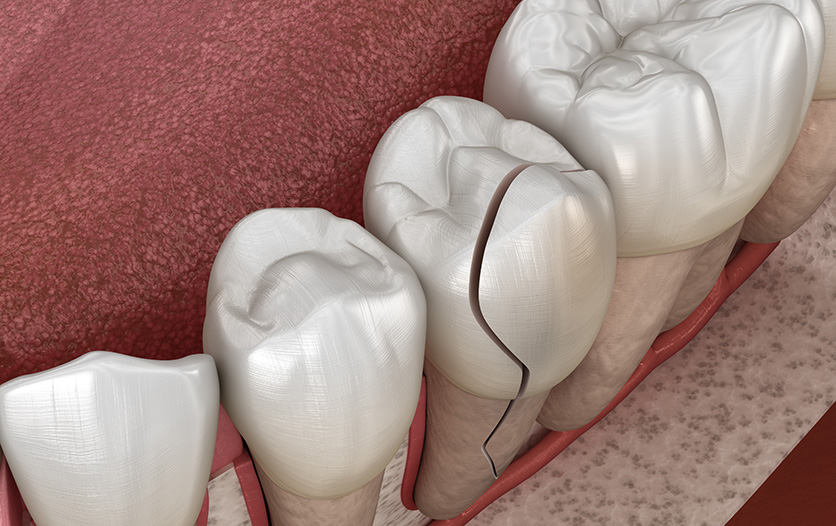
Achy Tooth? The Signs You May Need a Cavity Filling
Have you ever experienced a persistent toothache that just won’t go away? The cause might be more serious than you think. Tooth decay is a common dental issue that can lead to cavities, and if left untreated, it can result in even more severe oral health problems. But how can you tell if your achy tooth is due to a cavity that needs filling? In this blog post, we will discuss the signs and symptoms and provide guidance on when to visit your dentist for an evaluation and potential cavity filling.
1. Tooth Sensitivity
One of the earliest signs of a cavity is tooth sensitivity. If you notice that your tooth feels more sensitive than usual, particularly when exposed to hot, cold, or sweet foods and drinks, it may be an indication that decay has set in. Tooth sensitivity occurs when the protective enamel layer of your tooth becomes weakened, allowing the underlying dentin to become exposed. When dentin is exposed, it can cause sensations of discomfort or pain in response to temperature changes or pressure.
2. Pain or Discomfort When Biting Down
Another common sign of a cavity is experiencing pain or discomfort when biting down or chewing. This can be due to the decay weakening the tooth structure or causing inflammation in the surrounding tissues. If you find yourself avoiding certain foods or changing your eating habits because of pain while chewing, it’s time to consult your dentist.
3. Visible Signs of Decay
In some cases, you may be able to see visible signs of tooth decay. This can manifest as dark spots, holes, or pits in the tooth enamel. While not all visible signs of decay mean you need a cavity filling, any changes in the appearance of your teeth should prompt a visit to your dentist for a professional evaluation.
4. Bad Breath or Unpleasant Taste
Tooth decay is caused by the buildup of bacteria in your mouth. As these bacteria metabolize sugars and starches, they produce acids that break down tooth enamel, which can lead to cavities. This bacterial activity can also cause persistent bad breath or an unpleasant taste in your mouth.
5. Swollen or Bleeding Gums
In some cases, tooth decay can cause inflammation and irritation of the surrounding gum tissue. If you notice that your gums are swollen or bleeding, particularly around a specific tooth, it could be a sign of a cavity. It’s important to address gum inflammation promptly, as it can also be an early indicator of gum disease, which can have serious consequences for your oral health.
When to Visit Your Dentist:
If you’re experiencing any of the symptoms listed above, visit your dentist as soon as possible. Your dentist will perform a thorough examination, which may include dental X-rays, to determine the extent of tooth decay and whether a filling is required. The sooner you address the issue, the better the chances are of preventing further damage and maintaining your oral health.
Types of Cavity Fillings:
There are several types of materials that can be used for cavity fillings, including amalgam, composite resin, porcelain, and gold. Your dentist will discuss the advantages and disadvantages of each material and help you choose the best option based on your specific needs and preferences. The primary goal of a cavity filling is to restore the function and appearance of the affected tooth and prevent further decay.
Preventing Cavities:
While it’s important to address existing cavities promptly, the best approach to maintaining your oral health is to prevent tooth decay in the first place. Here are some tips for cavity prevention:
- Maintain good oral hygiene by brushing your teeth twice a day for at least two minutes each time, using a fluoride toothpaste. Floss daily to remove plaque and food debris from between your teeth and below the gumline.
- Visit your dentist regularly for checkups and professional cleanings. Most dentists recommend dental checkups and cleanings every six months, but your dentist may suggest more frequent visits based on your individual needs.
- Eat a balanced diet, limiting sugary and starchy foods that can contribute to tooth decay. Instead, opt for tooth-friendly foods like fresh fruits and vegetables, whole grains, lean proteins, and dairy products.
- Drink water throughout the day, especially after meals, to help rinse away food particles and neutralize acids in your mouth. Drinking fluoridated water can also help strengthen your tooth enamel and prevent cavities.
- Consider dental sealants, particularly for children. Dental sealants are thin, protective coatings applied to the chewing surfaces of the back teeth (molars) to prevent decay. Sealants are especially beneficial for children, who may be more prone to cavities due to their developing oral hygiene habits.
- Use a fluoride mouthwash or rinse, as recommended by your dentist, to help prevent tooth decay and cavities. Fluoride rinses can help remineralize tooth enamel and inhibit bacterial growth.
Final word on cavity fillings
Dealing with an achy tooth can be frustrating and painful, but understanding the signs and symptoms of cavities can help you take action before the problem becomes more severe. By being proactive about your oral health and visiting your dentist regularly, you can prevent cavities and maintain a healthy smile. If you suspect you may need a cavity filling, don’t hesitate to contact your dentist for an evaluation and appropriate treatment.
Contact Evers Dental
Our qualified team at Evers Dental Center in Sidney, Ohio, can help you determine the health of your teeth. We provide a wide range of dental services to optimize your oral health and overall well-being. Contact us today to schedule a consultation.
Keep reading:
10 reasons you can get a toothache, and what to do about it
Why are fluoride treatments so good for your teeth?
What you should know about tooth extraction cost




